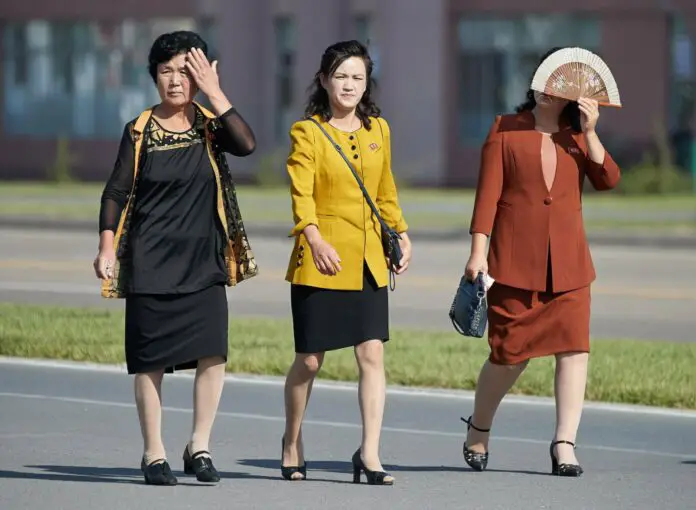North Korea, which is officially called the ‘Democratic People’s Republic of Korea,’ is a country located in East Asia. It’s one of the most isolated and secretive countries in the world, with very little information about its internal affairs reaching the outside world. The country is referred to as the Hermit Kingdom, a term that reflects its extreme isolation from the rest of the world. In this blog post, we’ll explore how North Korea is totally isolated from the rest of the world and the myriad factors that contribute to its isolation.
Here are 15 reasons why North Korea is isolated from the world:
1. Geographical isolation
North Korea is situated on the Korean Peninsula, surrounded by the Sea of Japan, the Yellow Sea, and the Korean Demilitarized Zone (DMZ). Its proximity to China, Russia, and South Korea does not make it easily accessible from other countries.
2. Political isolation
North Korea has a communist government led by the Workers’ Party of Korea. The government strictly controls all aspects of the country’s political, social, and economic life. It does not allow political opposition, free press, or independent civil society.
3. Economic isolation
North Korea’s economy is heavily controlled by the state, with little participation from the private sector. The country is under international economic sanctions due to its nuclear weapons program, limiting its ability to trade with other countries.
4. Limited access to the internet
North Korea has limited internet access, with only a small fraction of its population having access to the internet. The government strictly controls the content that is accessible to its citizens.
5. Limited access to international media
North Korea’s government controls all media outlets in the country. International media outlets are not allowed to operate within the country, and the government filters and censors all foreign media content.
6. Travel restrictions
North Korea has strict travel restrictions for its citizens, limiting their ability to leave the country. Tourists are required to be accompanied by government officials at all times, making it difficult for them to interact with the local population.
7. Language barrier
North Korea’s official language is Korean, and few people in the country speak other languages. This language barrier makes it difficult for outsiders to communicate with the local population.
8. Limited infrastructure
North Korea has limited infrastructure, with a lack of roads, electricity, and communication networks. This limits the country’s ability to connect with the outside world.
9. Military threats
North Korea has a heavily militarized society, with a large standing army and nuclear weapons program. Its aggressive stance towards other countries has led to international sanctions and diplomatic isolation.
10. Cultural isolation
North Korea’s government tightly controls all cultural aspects of the country. Its citizens have limited exposure to foreign cultures, and the government actively promotes its own culture.
11. Lack of international trade
North Korea’s economy is heavily dependent on trade with China. The country has limited trade with other countries due to international sanctions and its isolated political and economic status.
12. Limited foreign investment
North Korea has limited foreign investment, with most of its economic activity controlled by the state. Its isolated political and economic status makes it unattractive to foreign investors.
13. Lack of international partnerships
North Korea has limited partnerships with other countries, with its aggressive stance towards other countries making it difficult to form international partnerships.
14. Limited access to education
North Korea’s education system is tightly controlled by the government, with limited access to international education programs. Its citizens have limited exposure to foreign cultures and ideas.
15. Lack of transparency
North Korea’s government is highly secretive, with limited information about the country’s internal affairs reaching the outside world. The government controls all aspects of the country’s media and information dissemination.
While there have been attempts to engage with North Korea and promote greater international cooperation, progress has been slow and often stymied by the country’s government. Despite these challenges, it’s important to continue efforts to promote greater engagement and understanding of North Korea, both to promote greater global cooperation and to better understand the challenges and opportunities facing this isolated country.
In conclusion, North Korea’s isolation is a complex issue with no easy solutions. By recognizing the factors that contribute to this isolation and promoting greater understanding and engagement, we can work towards creating a more connected and cooperative global community.
